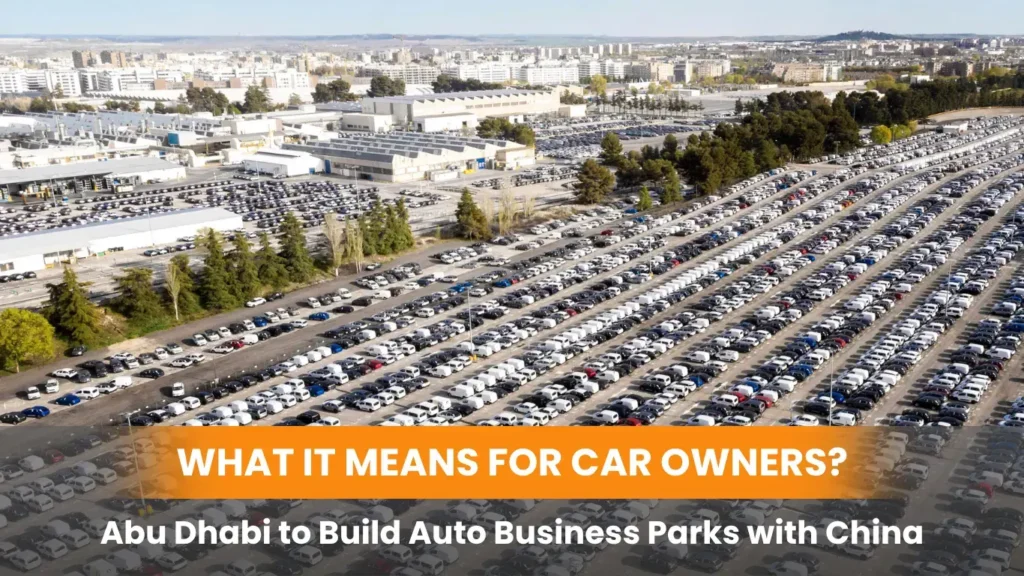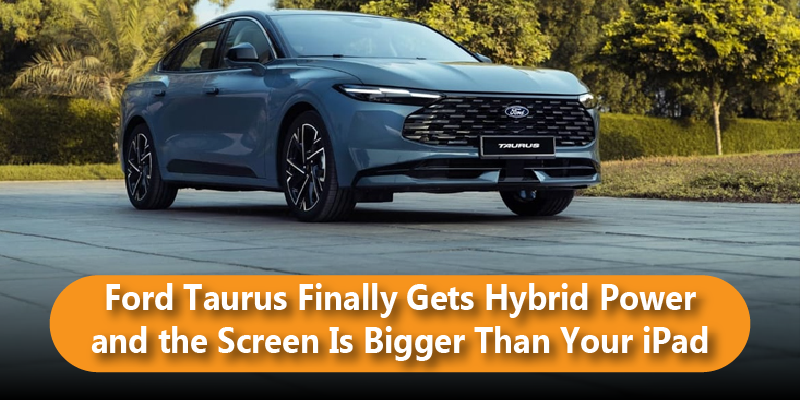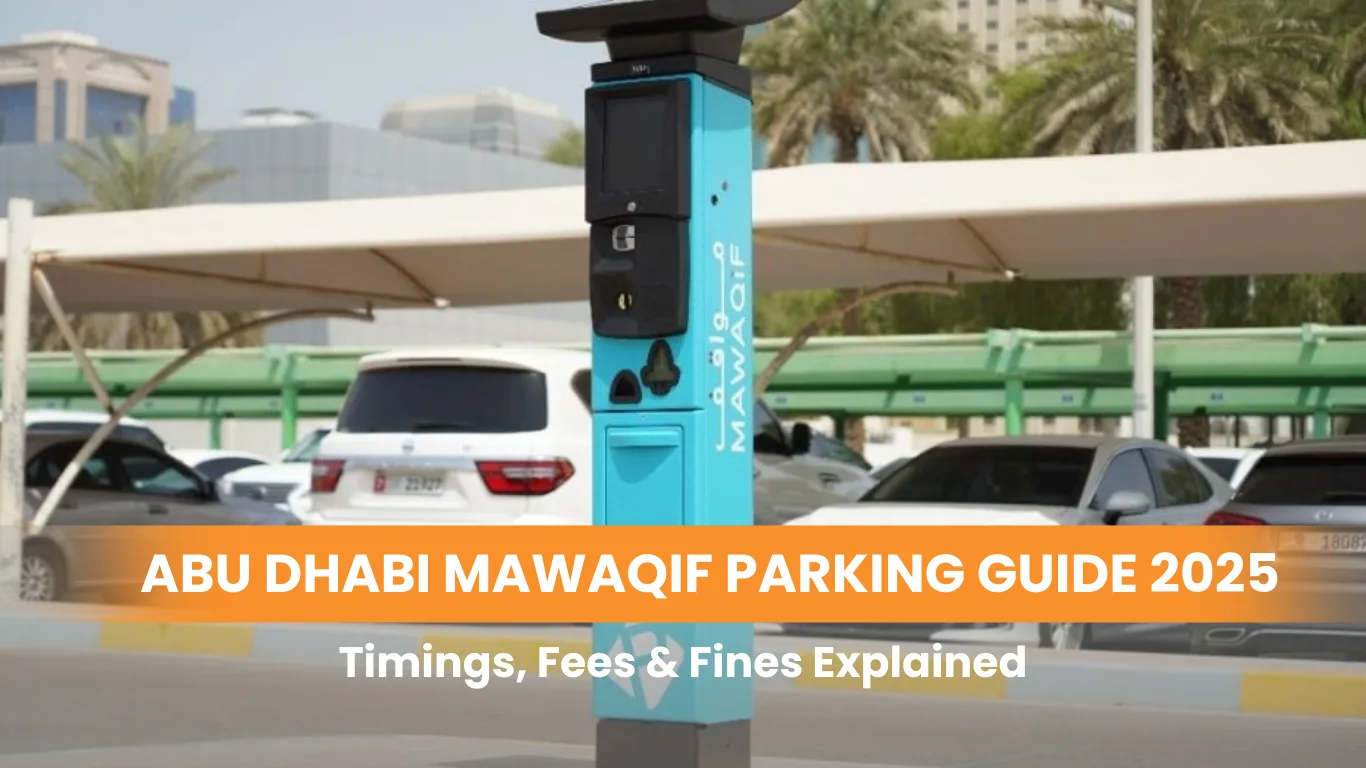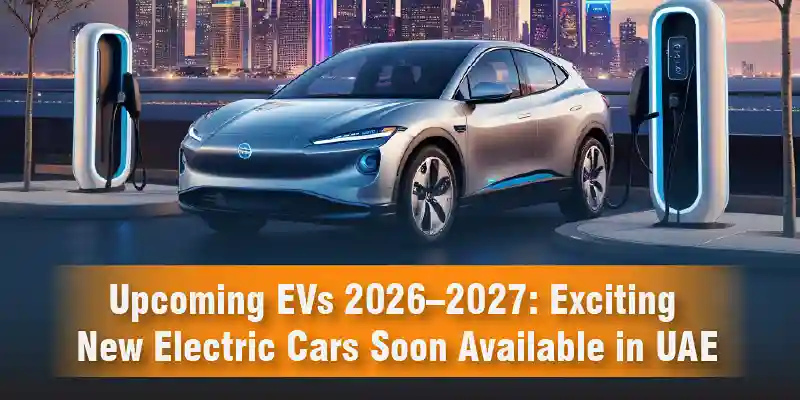A new era is taking shape in the UAE’s automotive landscape — one that connects two global powerhouses: Abu Dhabi and China. Their recent collaboration to develop Abu Dhabi auto business park projects marks a turning point not only for industrial development but also for everyday car owners who could soon experience the benefits of smarter logistics, advanced technology, and more affordable vehicles.
This isn’t just another trade agreement — it’s the foundation of a major shift in the automotive industry in the Middle East, driven by innovation, sustainability, and strategic global cooperation.
The Big Picture — How Abu Dhabi and China Are Redefining Auto Trade
In early October 2025, AD Ports Group, one of Abu Dhabi’s leading port operators, signed a preliminary agreement with SPG Yantai Port Group from China to establish green automotive business parks in both nations. This collaboration will connect Yantai’s Asia-Pacific Green Automotive Circular Economy Industrial Park in Shandong Province with a series of smart auto hubs in Abu Dhabi.
The partnership is designed to streamline global automotive logistics — from manufacturing to assembly, distribution, and re-export — forming a direct trade link between China’s automotive production capacity and Abu Dhabi’s world-class logistics network.
This initiative aligns perfectly with the UAE’s long-term vision to diversify its economy and become a central player in car manufacturing Abu Dhabi, EV innovation, and high-tech industrial operations.
Inside the Vision — What the Auto Business Parks Will Do
The Abu Dhabi auto business park will not just be a physical space for storing or trading cars. It’s envisioned as a high-tech, sustainable ecosystem with:
- AI-driven logistics terminals for faster vehicle handling and tracking.
- Dedicated EV infrastructure, including charging networks and battery recycling.
- Assembly and testing zones for both new and used vehicles.
- Circular economy operations, enabling reuse, recycling, and green energy integration.
- Training and innovation centers to develop skilled professionals in automotive technologies.
In short, these parks will serve as smart ecosystems where vehicles move seamlessly from factory to market — redefining how the China UAE car partnership contributes to regional growth.
How This Impacts You as a Car Owner in the UAE
Whether you drive a traditional petrol vehicle or plan to switch to an EV, this collaboration has far-reaching benefits for consumers:
1. Wider Choice of Vehicles
The China UAE car partnership will make it easier for more Chinese automakers to enter the UAE market. Expect to see new models from brands that were previously limited by import complexities.
For car buyers, this means more variety — from luxury EVs to budget-friendly sedans — all supported by certified local distribution networks.
2. Faster Car Deliveries
Delays in delivery times for imported vehicles have long frustrated UAE customers. Once the Abu Dhabi auto business park becomes fully operational, automakers can store, assemble, and ship cars directly from the port.
This streamlined supply chain means cars reach dealerships faster — reducing waiting times for pre-orders and special models.
3. Competitive Pricing
By cutting down transit times, warehousing costs, and middlemen, this new structure can potentially reduce overall vehicle prices.
That’s great news for both buyers and businesses, as it increases competition and drives affordability in the automotive industry in the Middle East.
4. Better Access to Spare Parts and After-Sales Service
One of the persistent issues for imported cars is the availability of spare parts. With local hubs tied directly to Chinese factories, auto parts and accessories can be stocked in the UAE faster and in larger volumes.
This ensures better service turnaround times, fewer delays in repairs, and potentially lower maintenance costs — a direct advantage for existing car owners.
5. Boost for Electric Vehicle Owners
The partnership’s “green automotive” focus will accelerate the adoption of electric vehicles in the UAE. The parks will feature charging infrastructure, battery testing facilities, and sustainable recycling operations, enabling a full EV support ecosystem.
For EV owners, this could mean improved charging availability, reduced service costs, and a more reliable parts supply — all while supporting the UAE’s sustainability goals.
The Bigger Impact — Building Abu Dhabi as a Global Auto Hub
This collaboration doesn’t just serve car buyers — it transforms Abu Dhabi into a vital automotive powerhouse in the region.
Here’s how:
1. Strengthening Local Manufacturing
The UAE has been steadily investing in industrial diversification, and car manufacturing Abu Dhabi could soon become a reality. By leveraging partnerships with China — the world’s largest auto producer — Abu Dhabi gains access to technology, expertise, and scalable production models that can be localized over time.
This could mean partial or full assembly lines for cars, EV batteries, and key automotive components right on UAE soil.
2. Enhancing Regional Trade
As the gateway to the GCC, North Africa, and Europe, Abu Dhabi’s ports offer unmatched logistical positioning. The new Abu Dhabi auto business park will strengthen that by serving as a re-export hub for vehicles and auto parts to neighboring markets, further cementing the UAE’s dominance in trade infrastructure.
3. Driving Sustainable Development
Sustainability is no longer optional. The inclusion of “green” in these business parks emphasizes renewable energy usage, waste reduction, and efficient resource management. This reflects the UAE’s vision under Net Zero 2050, aligning with global trends in eco-friendly manufacturing and logistics.
As more car brands transition to hybrid and EV models, these parks will play a critical role in supporting the future of electric vehicles UAE.
4. Boosting Employment and Skill Development
The growth of these parks will create opportunities for local engineers, logistics professionals, and automotive specialists. Training centers within the park will focus on developing new-age skills such as EV maintenance, AI-driven logistics, and green manufacturing — contributing to the UAE’s broader knowledge economy.
Challenges Ahead
While the potential is huge, a few challenges will need strategic management:
- Regulatory alignment: Safety standards, customs policies, and environmental regulations must be harmonized between China and the UAE.
- Infrastructure investment: Developing large-scale auto hubs requires heavy capital expenditure and international financing.
- Quality control: With more Chinese brands entering, ensuring quality and reliability will be crucial to maintain consumer trust.
- Market readiness: EV adoption in the UAE is growing, but full infrastructure readiness will take time.
- Workforce training: Skilled labor and technical expertise must evolve to match the sophistication of the upcoming parks.
Why This Matters for the Future of Mobility
The China UAE car partnership isn’t just about cars — it’s about reshaping the mobility landscape of the entire region.
From smart ports to intelligent supply chains, Abu Dhabi is positioning itself as a central hub for the automotive industry in the Middle East, where technology, sustainability, and trade merge seamlessly.
For car owners, that means:
- More brands.
- Better services.
- Enhanced sustainability.
- Greater value.
It’s the beginning of a new automotive era — one that’s greener, faster, and smarter.
Frequently Asked Questions (FAQs)
It’s designed to be a one-stop destination for all automotive activities — from manufacturing and logistics to EV innovation and recycling. It will serve as a vital link between China’s production capacity and the UAE’s advanced logistics system.
It diversifies Abu Dhabi’s economy, boosts industrial growth, attracts foreign investment, and strengthens the automotive industry in the Middle East. It also creates jobs and encourages innovation in green technologies.
Yes, potentially. By improving logistics and supply efficiency, the China UAE car partnership could make vehicles and spare parts more affordable in the long run.
EV owners can expect faster adoption of infrastructure — more charging stations, better battery recycling, and accessible maintenance services, all supported by the new business parks’ sustainability goals.
The initiative is in the early planning stages. Construction and implementation will unfold in phases, but groundwork and policy alignment have already begun — signaling that the UAE is fully committed to making this vision a reality.
Wrapping up
Abu Dhabi’s partnership with China to create green automotive business parks represents far more than a commercial deal. It’s a blueprint for transforming how cars are manufactured, transported, and maintained across the region.
By investing in innovation and aligning with global trends in EVs, smart logistics, and sustainable infrastructure, the UAE is setting itself up as a pioneer in the next generation of automotive development.
For car owners, this makes for better access to vehicles, improving after-sales service, and cleaner, more efficient driving in the future.
The road ahead is bright — and Abu Dhabi is clearly in the driver’s seat for better driving at Miss Auto UAE.







